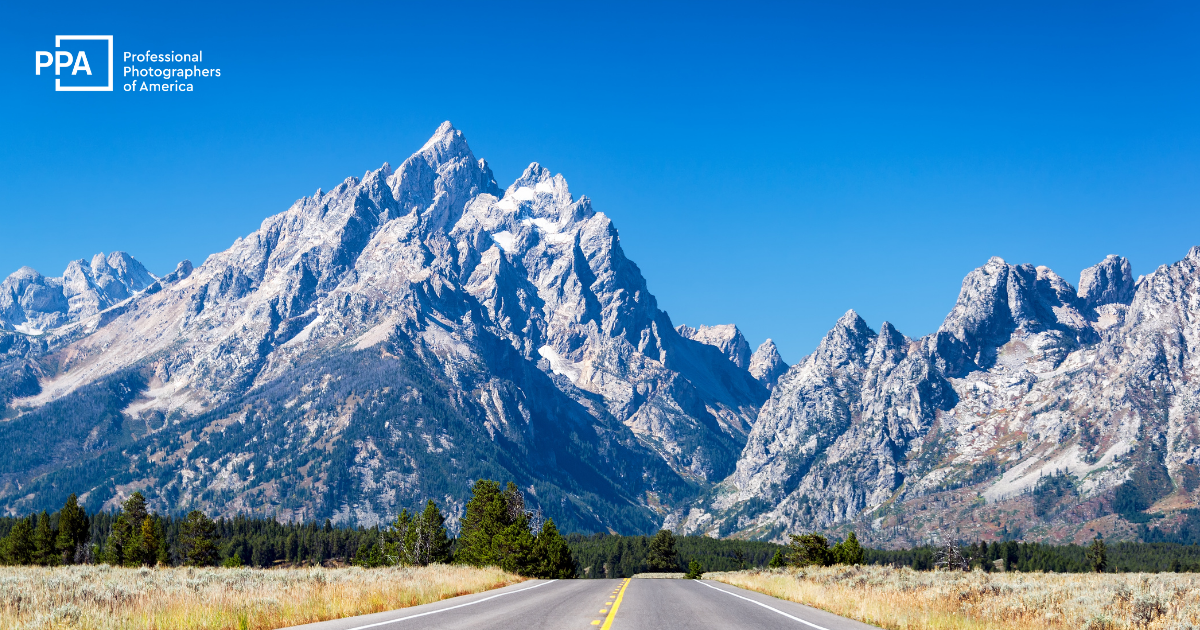Articles
Government Affairs Update: A Win for Photographic Rights

In a well-received reversal, Grand Teton National Park (GTNP) has walked back its rules for portrait and wedding photographers. Portrait photographers no longer need to apply for a permit, and wedding photographers are included in the planner or couple's wedding permit. Additionally, the National Park Service will now launch a review of how it handles portrait photography across all 50 states and territories.
Last February, GTNP implemented a series of rules on how weddings and portrait photography would be permitted in the park. Part of the initiative was to create a classification called "Small Dispersed Ceremony Permits," which allowed parties of 12 people or less to have a wedding in the park's backcountry. But the initiative also prohibited commercial photographers from documenting the ceremony at all. Wedding photographers were also required to obtain a separate $300 permit for weddings in designated areas of the park. They had to pay for an observer to oversee the photographer while working.
Not long after these rules were set, GTNP released a new requirement for portrait photographers. Photographers had to obtain a $300 permit, pay 3% of their earnings to the park, wear a name badge, be CPR certified, and shoot within only designated park areas. These areas only included areas within a half-mile of roads or on established trails. These requirements stood in the face of federal law, which states the National Park Service "shall not require a permit to assess a fee for still photography… if the photography takes place where members of the public are generally allowed." The rules flew in the face of the First Amendment as photography is a form of expression. Professional Photographers of America, National Press Photographers Association, American Society of Media Photographers, North American Nature Photography Association, and 400 photographers and businesses disagreed with these rules.
After confronting the National Parks Service about these issues, they realized the lack of consistency across the Parks. They are now pushing for solidarity in photography-related regulations. The park has since rescinded its rules governing portrait and wedding photography. Portrait photographers do not need to apply for a permit, and wedding photographers are included in the planner or couple's wedding permit.
PPA certainly realizes the impact that visitors have on our nation's parks. In our outreach to the NPS, we advocated for an "impact" based permit instead of whether the photography was commercial in nature. After all, the First Amendment does not discriminate between commercial and noncommercial expression. Our nation's parks belong to the people. Their ability to capture its magnificence shouldn't be squelched based on how they express its beauty.
